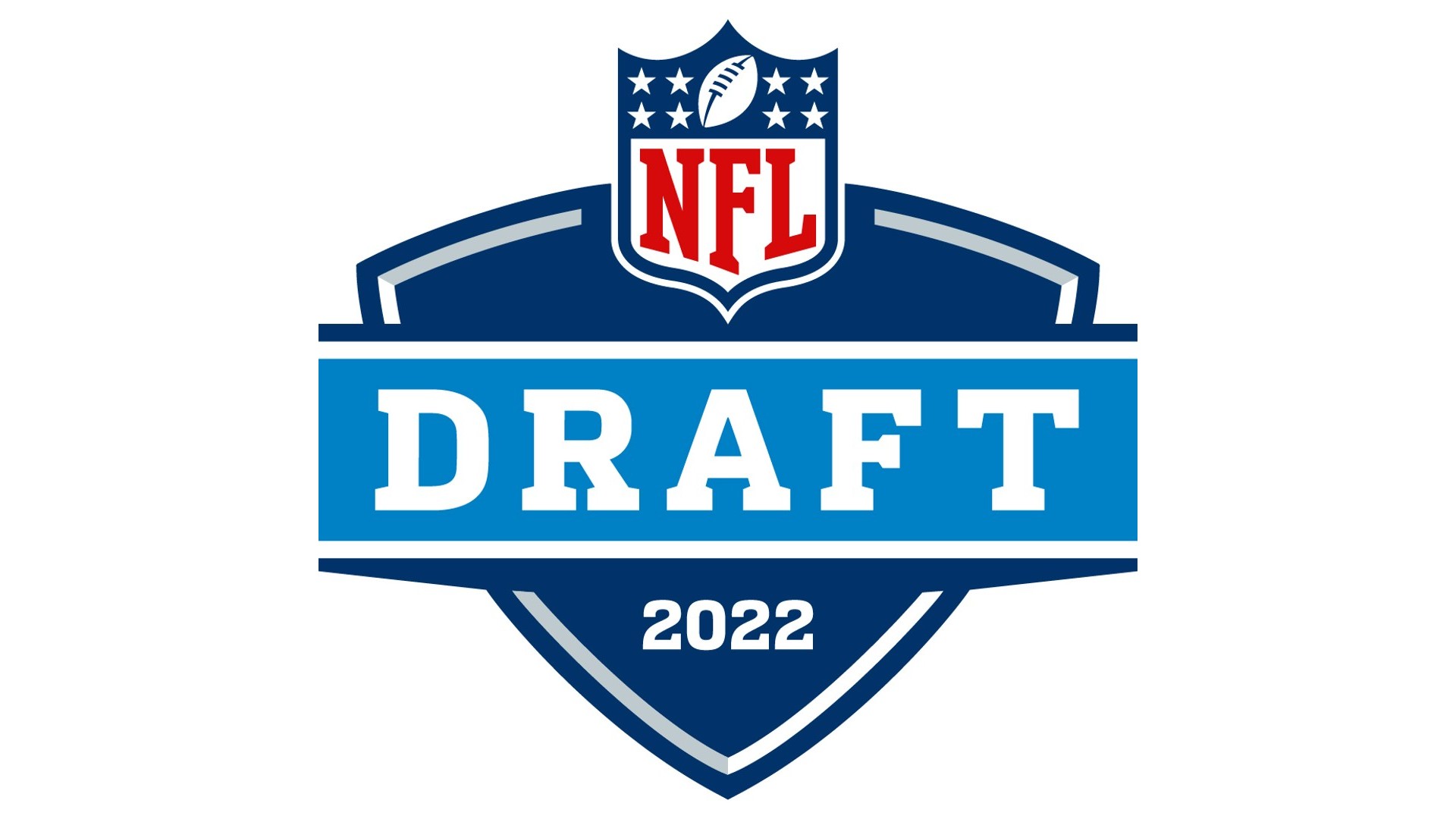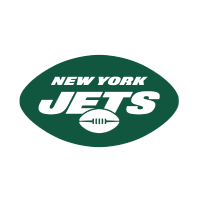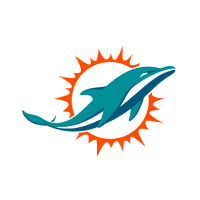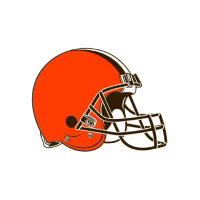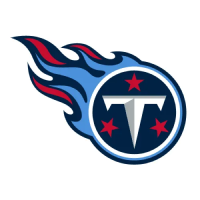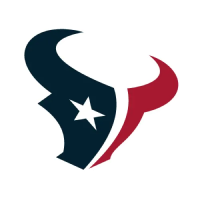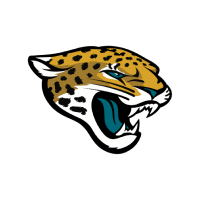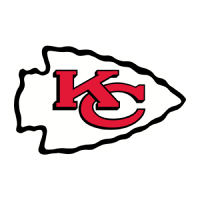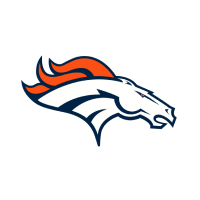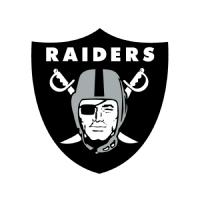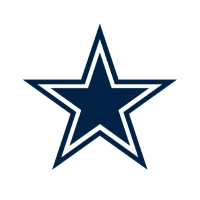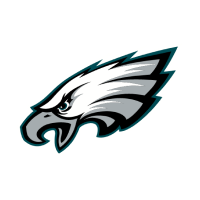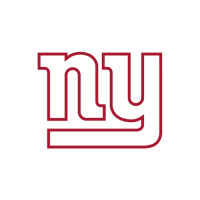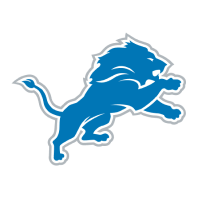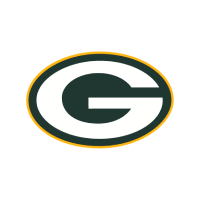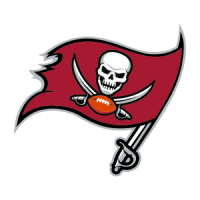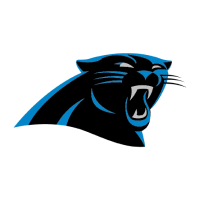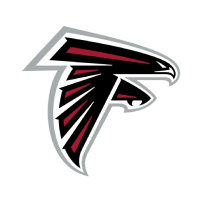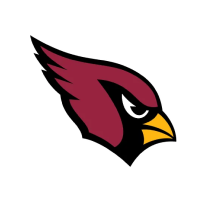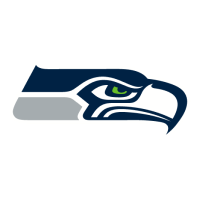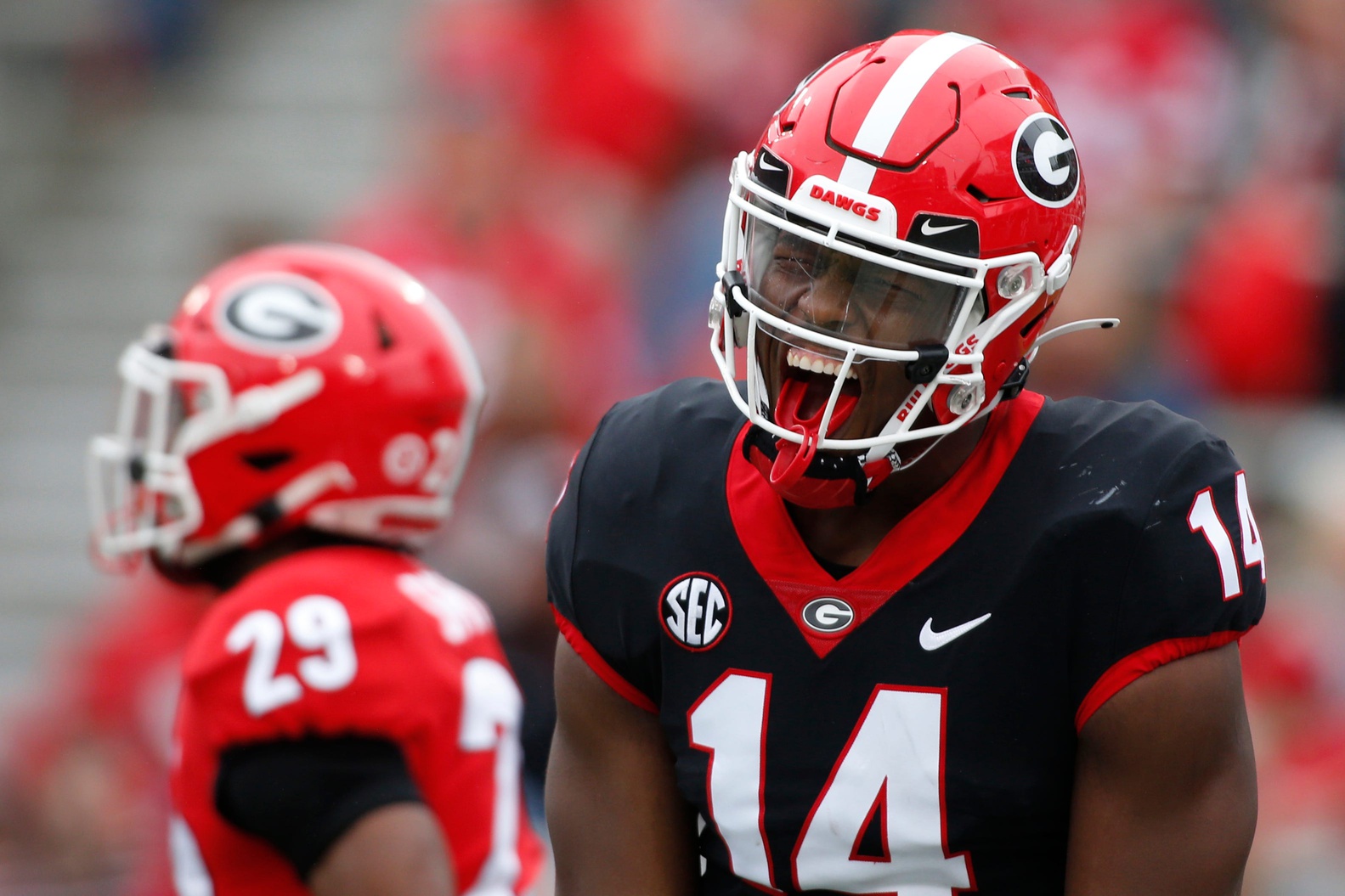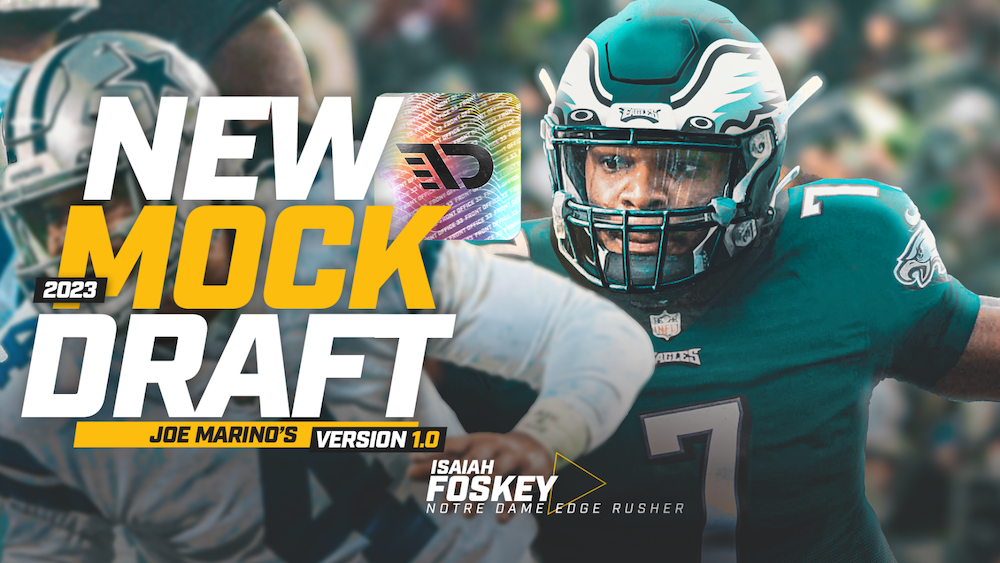Life as an NFL franchise comes in stages, and for the last decade or so, those stages were defined by rookie contract quarterbacks. Teams with good quarterbacks had a chance to win in the playoffs, and teams with good and cheap quarterbacks had a better chance to win in the playoffs given the money they could spend on other positions. The rookie contract quarterback was the competitive edge.
Sometimes you were bad, and were playing for the pick to get the young quarterback; sometimes you were bad, but already had the young quarterback and needed to improve the roster around him to see if he was good. Sometimes you were bad and had the rookie contract quarterback, which meant everyone was getting fired and you were gonna have to get a rookie contract quarterback again.
The latter might be where the Denver Broncos end up. Drew Lock, their second-round selection out of Missouri, now in his second season, has never looked like a clear starter for the Broncos. Coming into the week, no quarterback had a bigger difference in Intended and Completed Air Yards this season, indicating how much difficulty Lock has had connecting on the deep ball; his completion percentage over expectation is bottom 10 in the league.
https://twitter.com/TampaBayTre/status/1321484697751441408
But critically, that is not where the Broncos are right now. After falling down 24-3 to the division-rival Chargers at home, the Broncos strung together three touchdown drives in the fourth quarter. On those three drives, Lock was 16/21 with two DPIs drawn and three touchdowns, including the game-winner, an extended play out of the pocket with pressure in his face.
https://twitter.com/Broncos/status/1323060927176953856
It was a heroic and unlikely push for Lock and the Broncos offense, perhaps only made possible by their opponent, the forever unfortunate Los Angeles Chargers. But by whatever magic Lock contrived his winning effort, it was nice to see.
The question is, then: can you get this Lock for a whole game? For weeks in a row? For a whole season?
This is the question because we’ve yet to see Lock for an entire season in the first place. This was Lock’s 10th career start, as he only played five games last year, and has already lost a couple of games this season to injury. Not only does he only have 10 starts, but five games came under offensive coordinator Rich Scangarello last year—he was fairly productive then, completing 64% of his passes for 6.5 yards a pop—and five have come under Pat Shurmur this year, who runs a completely different offense. Those five have also largely come without star wide receiver Courtland Sutton, who was injured midway through the only game he played with Lock this season.
There is an understandable urgency in Denver to define what Lock is and plan their team-building cycles accordingly. The Broncos have contract years upcoming for starting left tackle Garett Bolles, stud interior defender Shelby Harris, breakout linebacker A.J. Johnson, franchise cornerstone Justin Simmons, and team options on both Von Miller and Kareem Jackson. If they’re going to go in on this roster, they need Lock to be a playoff-caliber passer.
I don’t think he is that, but I don’t think he’s been given the weekly practice time with the new offensive coaching staff to say anything definitive about Lock just yet. The Chargers game served as a microcosm of that reality: Lock was a big part of the reason they fell behind so far, and a big part of the reason they got back in it. He’s still young, he’s still volatile, he’s definitely talented, and he’s still growing.
Accordingly, the question of Lock’s grasp on the franchise job in Denver, while a pressing one, belongs in the months of January, February, March. Lock deserves the back half of the 2020 season, at the very least, to hold down the job without the threat of a benching and hopefully while staying fully healthy.
With those next nine games of the 3-4 Broncos’ season, they could hang around at the fringe of the wild-card race—but more importantly, they could see more of Lock. And no matter what they say—good, bad, getting better, still volatile—they’ll have more information by which to make that decision on Lock when the 2021 offseason comes knocking.
So Denver’s front office, coaching staff, media, and fan base should all take a collective deep breath on Lock. That game-winning effort is something nice to build off of, but there will still be bad stretches to grow through. A longer view, a wider view that avoids knee-jerk reactions is appropriate for Denver to ride the Drew Lock rollercoaster to, hopefully, a prosperous future.
Filed In
Related Articles
NFL Draft
Arik Gilbert Doesn’t Need Big Workload To Be A Top NFL Draft Pick
- Aug 22, 2022
NFL Draft
2023 NFL Mock Draft: Marino 1.0
- Aug 22, 2022
Written By
